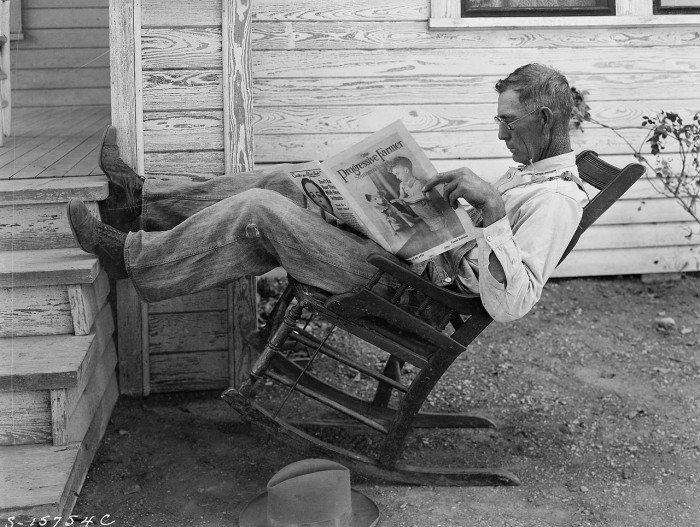We all have a period in our lives that we look back on longingly—a time when food just seemed to taste better, movies were funnier, scarier or more meaningful and kids could amuse themselves without the crutch of technology.
Maybe yours is a time in your childhood or memories of when the kids were younger and you went on family vacations to theme parks and took camping trips.
In reality, your childhood was probably filled with a few ups, but plenty of downs too, and chances are that those family vacations, while fun and exciting, also left you feeling stressed out and longing for “grown-up” getaways to luxury resorts and secluded villas.
According to Carey K. Morewedge, associate professor of marketing at Carnegie Mellon University’s Tepper School of Business, people have a tendency to block out their negative experiences, which can lead to biased nostalgic preferences.
His research shows that we often cherry pick our favorite memories and leave out the unpleasant ones, which explains why we view the past through rose colored glasses.
In order to examine how memory biases create these nostalgic preferences over time, Morewedge asked participants to rate television shows and movies from both the past and present. What he found was that people consistently rated films and TV shows from the past as better than those of the present.
“Memory appears to resemble a record store. It stocks the hits of the past, and the hits as well as the stinkers of the present,” writes Morewedge in his paper for the Journal of Behavioral Decision Making.
“Our mistaken belief that the hits of the past better represent the recordings of their era gives rise to our nostalgic preferences.”
He explains that while we judge the past based on its best moments, we judge the present on both the good and bad, so naturally, the present doesn’t seem as good or as enjoyable.
“We are more likely to reminisce about, discuss, repeat, savor, and take steps to preserve our favorite past experiences, while attempting to avoid reliving and remembering the unpleasant experiences of our past,” notes Morewedge.
“Perhaps an unintended consequence of these efforts is that they not only embellish the past but also tarnish our view of the present.”
One example of this is the way the elderly tend to bemoan the state of today’s youth and the world in general.
From their current perspective, things really were that much better 60 years ago.
In a feature for the Atlantic, writer and author Hanna Rosin points out that while most parents today wouldn’t dream of allowing their children to walk to the bus stop alone, the rate of child abductions by strangers hasn’t changed all that much since the 1970s, when it was considered quite safe for kids to roam the streets unsupervised.
Open the newspapers today and you’ll see stories about murders, drugs and terror; but would you really have been greeted by stories of kittens caught in trees and faraway countries conducting their business peaceably 50 or 100 years ago?
A quick peek at any history book or newspaper archive is enough to banish that notion.
So the next time you find yourself longing for those good old days, just remember that things aren’t always as they seem, and while cozy memories of days gone by are nice to have, we shouldn’t let our perception of the past hinder our ability to enjoy the here and now.
Love elephant and want to go steady?
Sign up for our (curated) daily and weekly newsletters!
Editor: Catherine Monkman
Photo: Wikimedia Commons







Read 1 comment and reply